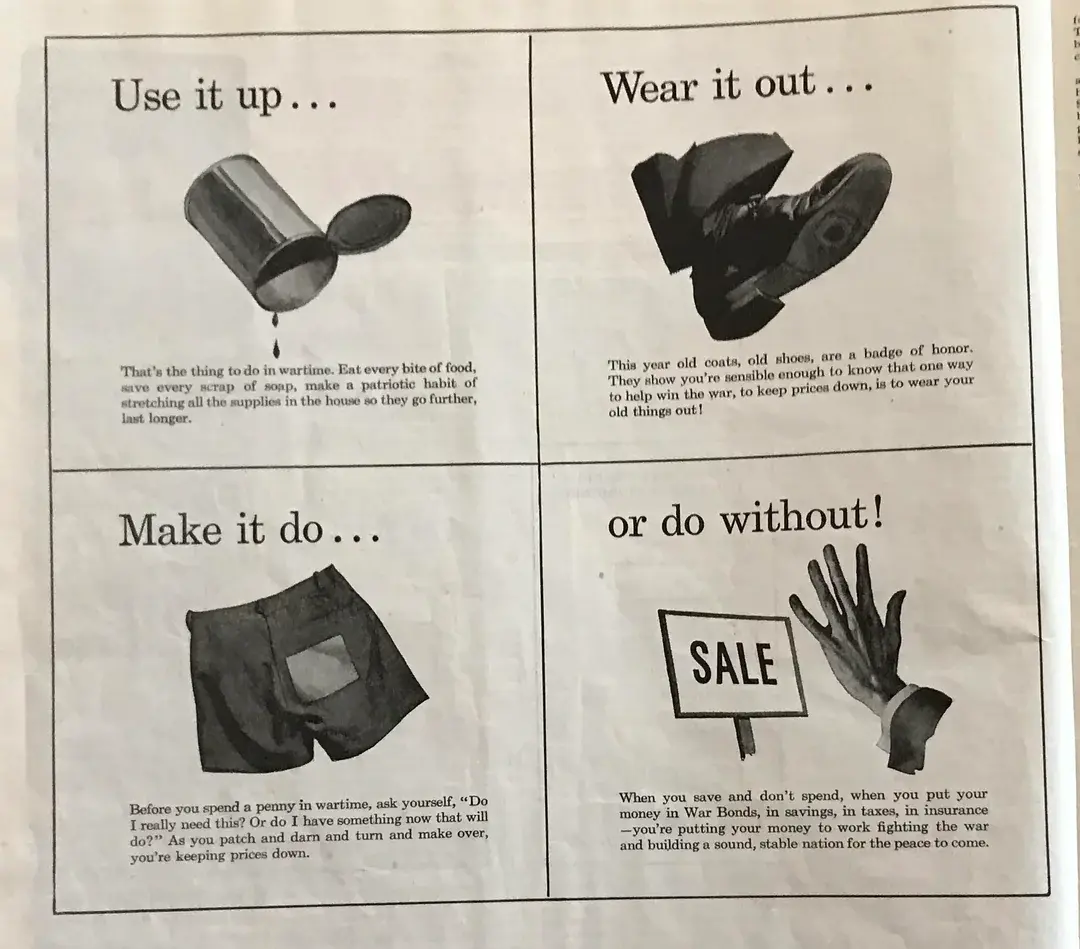Minimalism as a practical lifestyle
DATE: 2025/08/16
When people talk about minimalism, the image that usually comes to mind is a bland, grey “millennial house” stripped of personality (usually compared to a grandmother's cozy and cluttered home).I'm not a fan of either. Both spaces To me, a lot of these spaces seem designed less for living and more for renting (like Airbnbs optimized to appeal to anyone). And, when they're not rentals, the appeal probably lies in something more intimate: life already feels stressful, so the home must be a calm empty space to retreat to + it's simply easier to clean. Most of those spaces are high quality and maybe the disdain also comes from that.
To me, minimalism is defined by two things:
- Decluttering everything down to the essentials as logically as possible.
- Using what you have until it breaks and, if you still need it and can afford it, replacing it with something of higher quality that will last for years.
That's the core of my minimalism perspective.

"Use it up, wear it out, make it do or do without."
My adoption of this lifestyle stems from wanting to simplify my packed schedule. I first got into it thanks to Fumio Sasaki and Marie Kondo. I remember searching for a way to organize my wardrobe and stumbling upon one of Marie Kondo's folding videos. To this day, I fold all my clothes following her method. Fumio Sasaki's book "Goodbye Things" helped me to understand the reason why I was so attached to old stuff. I realized my possesions owned me, since I identified more with the persona I thought I was thanks to them than the real me who spoke through her actions.
Basically, I like to keep my home simple. The time I save by cleaning, organizing and searching less allows me to actually focus on working, learning or hobbies. I also enjoy the mental clarity that comes with it and I would dare to say than I even find myself more creative.
Another huge plus is mobility: moving houses or adapting to life changes is much easier when you have fewer possessions. My parents were hoarders (as many minimalists' parents tend to be) and I think growing up around endless decorations, crazy movings and weekly deep cleaning made me want the opposite.
Minimalism also brings other benefits: buying less means more financial freedom (less time spent shopping as well), less waste and even digital minimalism (I did that by reducing accounts, phone apps and my overall online presence into fewer accounts with more activity).
There's a certain freedom and power in purposely avoiding consumerism. The constant advertising of different lifestyles (disguised as aesthetics for young people) and the useless clutter that comes to match them, now fueled even more by social media and influencers, feels like a trap to keep us running in the rat race without any real search for personal or spiritual meaning.
Anyway, think about keeping things simple. That's it, see ya!